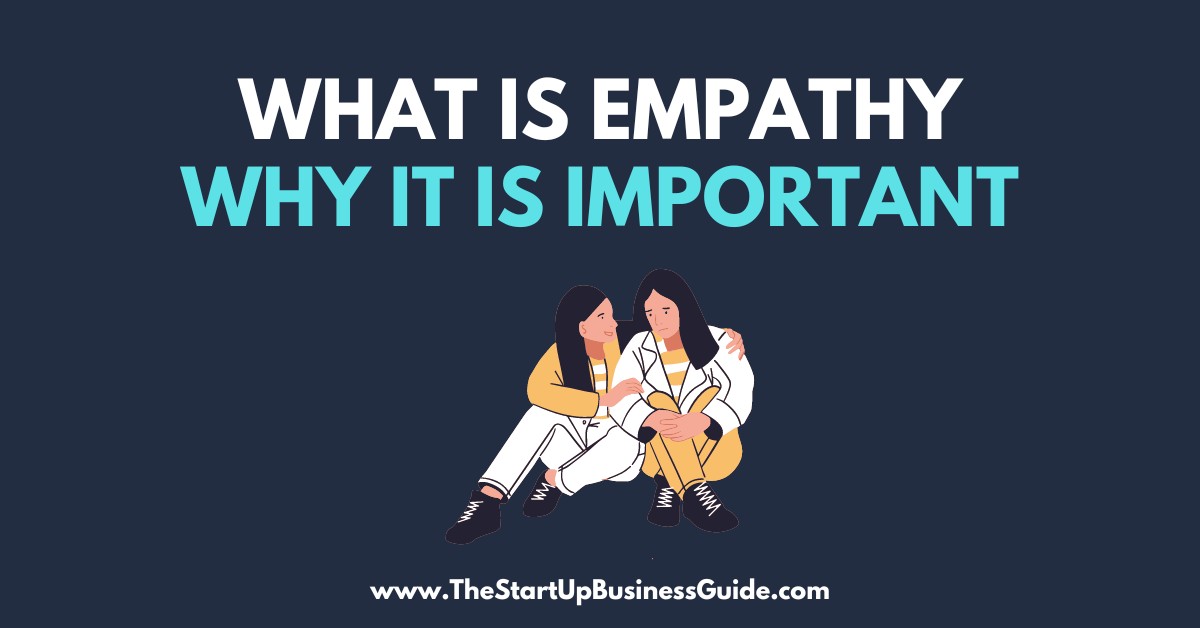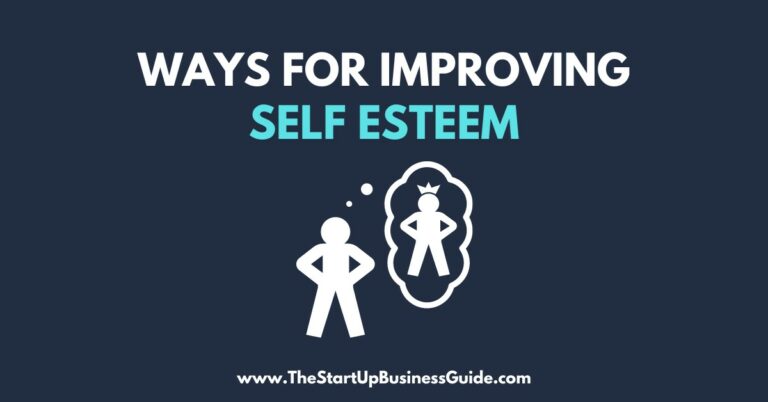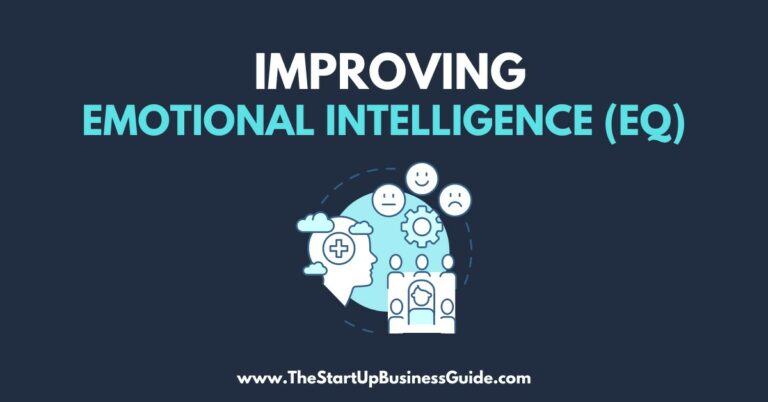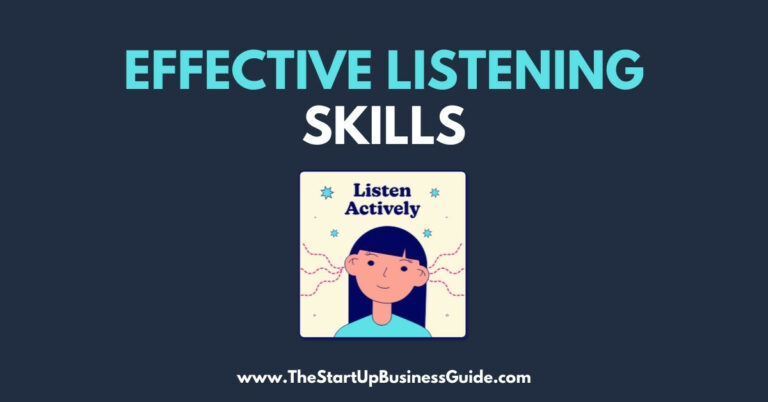What is Empathy, Definition, Meaning and Why It Is Important

Empathy is a powerful tool that allows us to understand and share the feelings of others.
It is the ability to put ourselves in someone else’s shoes, to see the world from their perspective, and to feel what they feel.
Empathy is an essential skill for anyone looking to build strong relationships, improve communication, and create a more compassionate world.
But what exactly is empathy? And why is it so important?
In this blog post, we’ll explore the different types of empathy, the benefits of empathy, and ways to develop this vital skill.
Types of Empathy
Empathy is not a one-size-fits-all concept.
There are actually several different types of empathy, each with its own unique characteristics.
The three main types of empathy are:
Cognitive Empathy
This type of empathy refers to the ability to understand another person’s perspective.
It’s the ability to see things from their point of view, and to understand their thoughts, feelings, and motivations.
Cognitive empathy is a key skill for anyone looking to improve their communication and build stronger relationships.
Emotional Empathy
This type of empathy refers to the ability to feel emotions that match another person’s feelings.
It’s the ability to share in someone else’s emotions, to feel their pain or joy as if it were our own.
Emotional empathy is an essential skill for anyone looking to build deep and meaningful connections with others.
Compassionate Empathy
This type of empathy combines cognitive and emotional empathy, and is accompanied by a desire to help.
It’s the ability to not only understand and share in someone else’s feelings, but also to take action to help them.
Compassionate empathy is a vital skill for anyone looking to make a positive impact in the world.
Benefits of Empathy
Empathy is not just a nice-to-have skill. It has real-world benefits that can greatly improve our lives and the lives of those around us.
Some of the benefits of empathy include:
Improved communication and relationships
Empathy allows us to understand others, to see things from their perspective, and to communicate more effectively.
It also allows us to build stronger connections with others, to form deeper and more meaningful relationships.
Increased understanding and acceptance of others
Empathy allows us to understand and accept others, regardless of their background, beliefs, or experiences.
It helps us to be more open-minded, to be less judgmental, and to be more accepting of diversity.
Reduced prejudice and discrimination
Empathy allows us to understand and accept others, regardless of their background, beliefs, or experiences.
It helps us to be more open-minded, to be less judgmental, and to be more accepting of diversity.
Greater emotional intelligence
Empathy allows us to understand and manage our own emotions, as well as the emotions of others.
It helps us to be more self-aware, to be more in tune with our own feelings, and to be more resilient in the face of difficult situations.
Ways to Develop Empathy
Empathy is not something that we are born with, it’s something that we can develop.
Here are some ways to develop your empathy:
Practice active listening
One of the most important skills for empathy is the ability to listen actively.
This means paying full attention to the person speaking, and making an effort to understand their perspective.
Put yourself in others’ shoes
Another key skill for empathy is the ability to see things from another person’s perspective.
This means trying to understand their thoughts, feelings, and motivations, and imagining what it would be like to be in their situation.
Seek out diverse perspectives
Empathy is not just about understanding and relating to people who are similar to us, it’s also about understanding and relating to people who are different from us.
By seeking out diverse perspectives, we can broaden our understanding of the world and become more empathetic individuals.
Reflect on your own emotions and experiences
Empathy is not just about understanding others, it’s also about understanding ourselves.
By reflecting on our own emotions and experiences, we can gain a deeper understanding of ourselves and become more in tune with our own feelings.
Conclusion
Empathy is an essential skill that can greatly benefit both individuals and society as a whole.
By understanding and sharing the feelings of others, we can build stronger connections, improve communication, and create a more compassionate and understanding world.
Empathy is not a one-size-fits-all concept, and there are different types of empathy that we can develop, such as cognitive empathy, emotional empathy and compassionate empathy.
Empathy has many benefits such as improved communication and relationships, increased understanding and acceptance of others, reduced prejudice and discrimination, and greater emotional intelligence.
Empathy is a skill that can be developed by practicing active listening, putting yourself in others’ shoes, seeking out diverse perspectives, and reflecting on your own emotions and experiences.
Empathy is not only a good thing to have but it is a necessary tool for personal growth, business growth, and for a better world.






